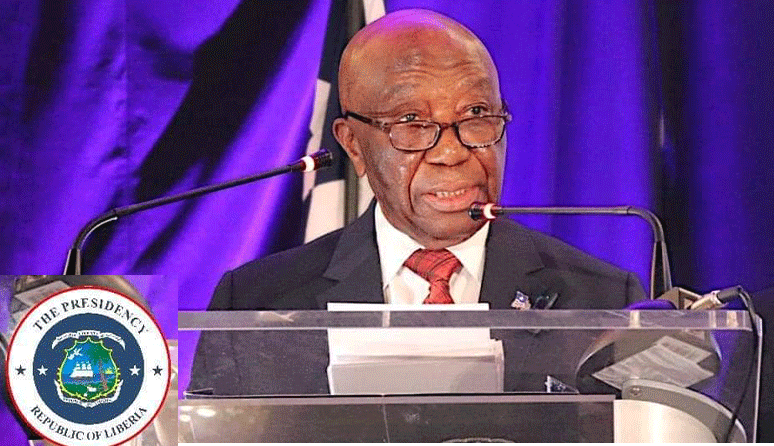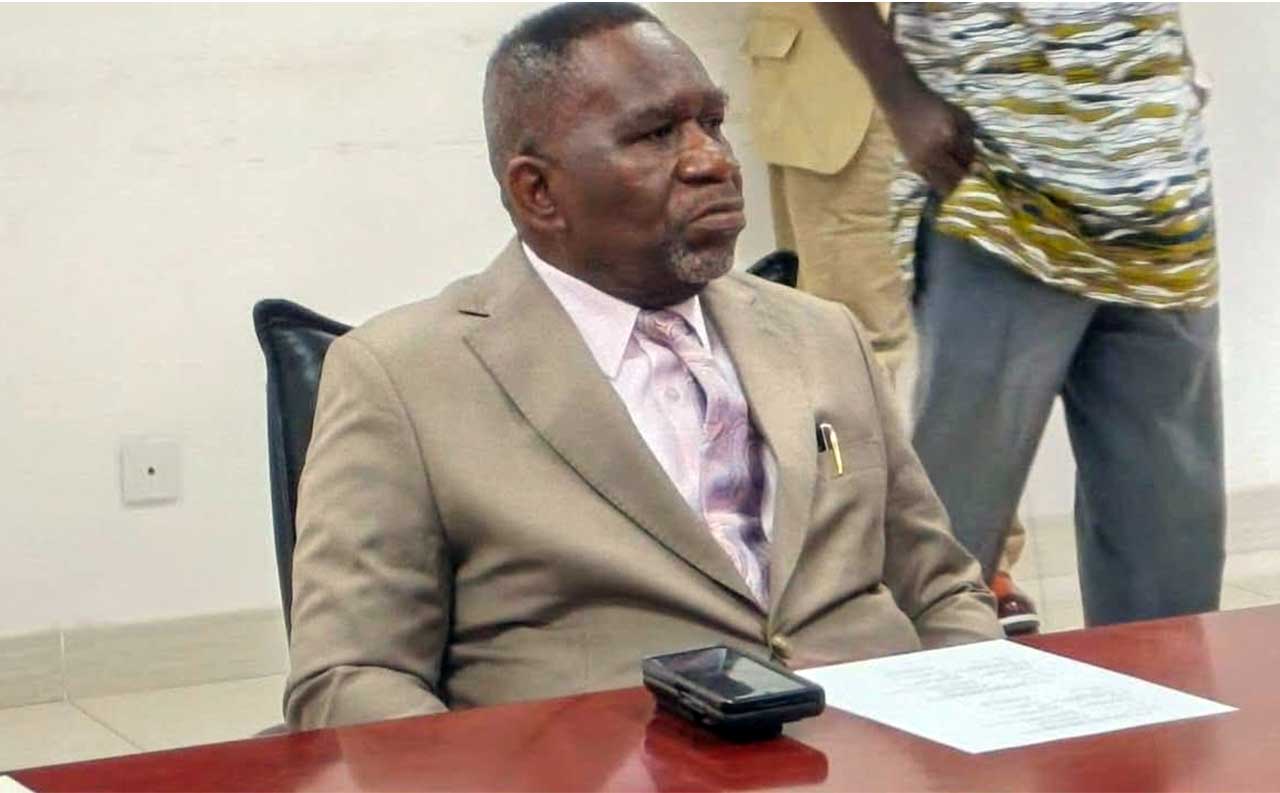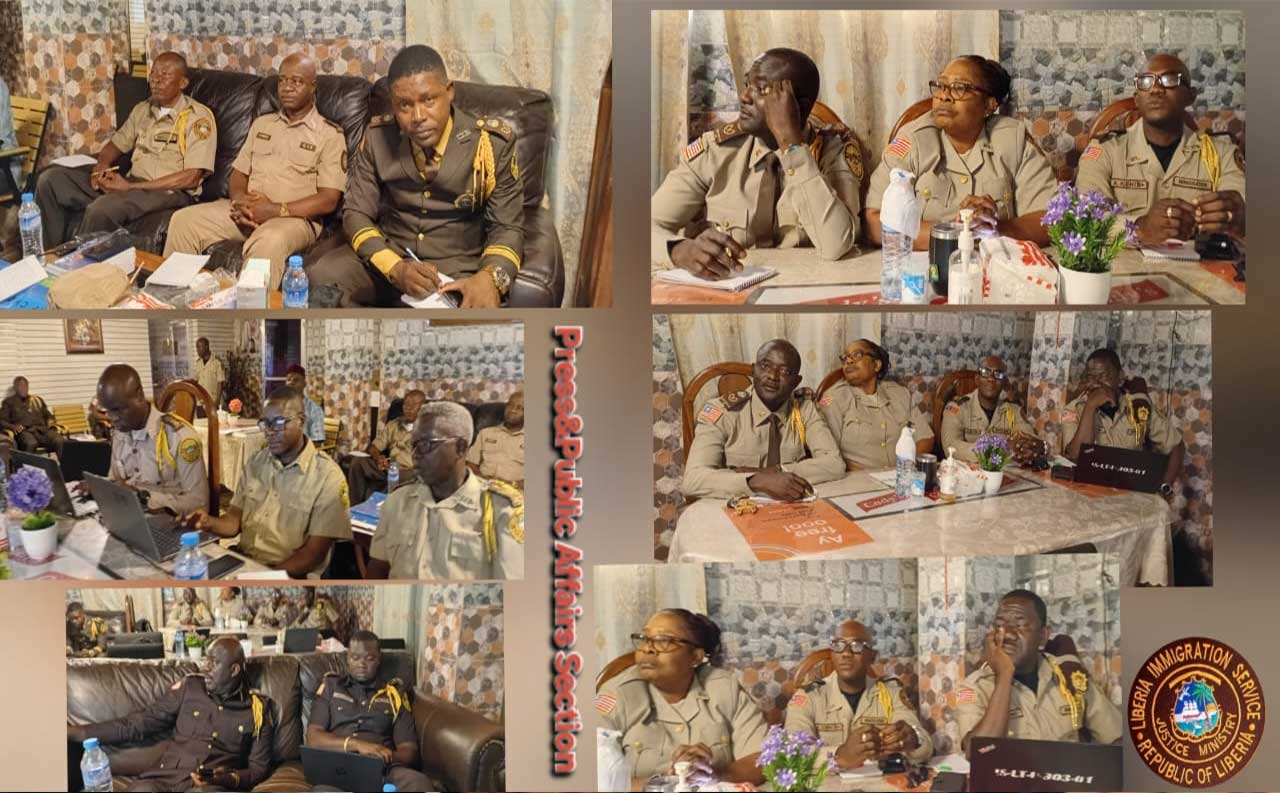President Joseph N. Boakai has disclosed that Liberia is the most forested country in West Africa, with approximately 69% of its land area, about 6.7 million hectares covered by forests. Speaking Friday, August 23, 2024 at the 124th National Black Business Conference held in Atlanta, Georgia, United States of America, the President said Liberia’s forests constitute at least 42% of the remaining forest cover in West Africa, positioning the country as a regional hub for biodiversity and environmental sustainability.
According to him, Liberia’s forests are vital to its economy, including trade in timber and non-timber products, energy (biomass), agriculture, fisheries, minerals and other resources. The Liberian leader explained that the country’s forest and land laws also offer significant investment opportunities in the carbon market and ecotourism.
“Liberia is richly endowed with natural wealth. With the country boasting some of the world’s critical minerals, including gold and diamonds, the mining sector provides one of the best attractions for investment in the country,” he added. Boakai said Mining has historically been a significant contributor to Liberia economy, with large deposits of iron ore yet to be explored and exploited.
In addition, President Boakai indicated that the prospects for oil and gas underscore the extent to which investment in the country natural wealth will unlock opportunities to partner with businesses like yours to create wealth and improve the livelihoods of Diaspora and African communities. He noted that there is a growing emphasis on value addition to the exploitation of minerals such as steel production and gold processing to maximize the economic benefits.
“The potential for further exploration and development in the mining sector remains vast, offering attractive opportunities for investors. I, therefore, encourage you to seriously look into investing in our natural resources,” Boakai stated.
President Boakai said Liberia’s infrastructure development is critical to its economic growth strategy; stating that the country has over 11,000 kilometers of unpaved roads, which presents both challenges and opportunities for investment.
He indicated that the Government is seeking to finance road infrastructure through EPC (Engineering, Procurement, and Construction) contracts combined with long-term financing mechanisms.
“These efforts are crucial as road infrastructure lays the foundation for sustained economic growth by improving access to markets, reducing transportation costs, and enhancing the overall business environment,” Boakai stated
The Liberian leader narrated that there are significant opportunities for investment in Liberia’s real estate market, particularly in residential and commercial properties. However, Boakai said the demand for housing and business spaces is growing, driven by urbanization and population growth. However, there is a notable lack of affordable housing and mortgage financing, which are essential to promote broader access to homeownership.
“Government employees, in particular, have expressed readiness to participate in mortgage programs once financing becomes available. Expanding access to affordable housing could play a vital role in improving living standards and stimulating economic activity,” he noted.
President Boakai narrated that infrastructure needs for energy production cannot be overemphasized, with increasing demand for sustainable energy solutions, Liberia is exploring investments in solar, hydro, and biomass energy projects to meet its growing energy needs.



